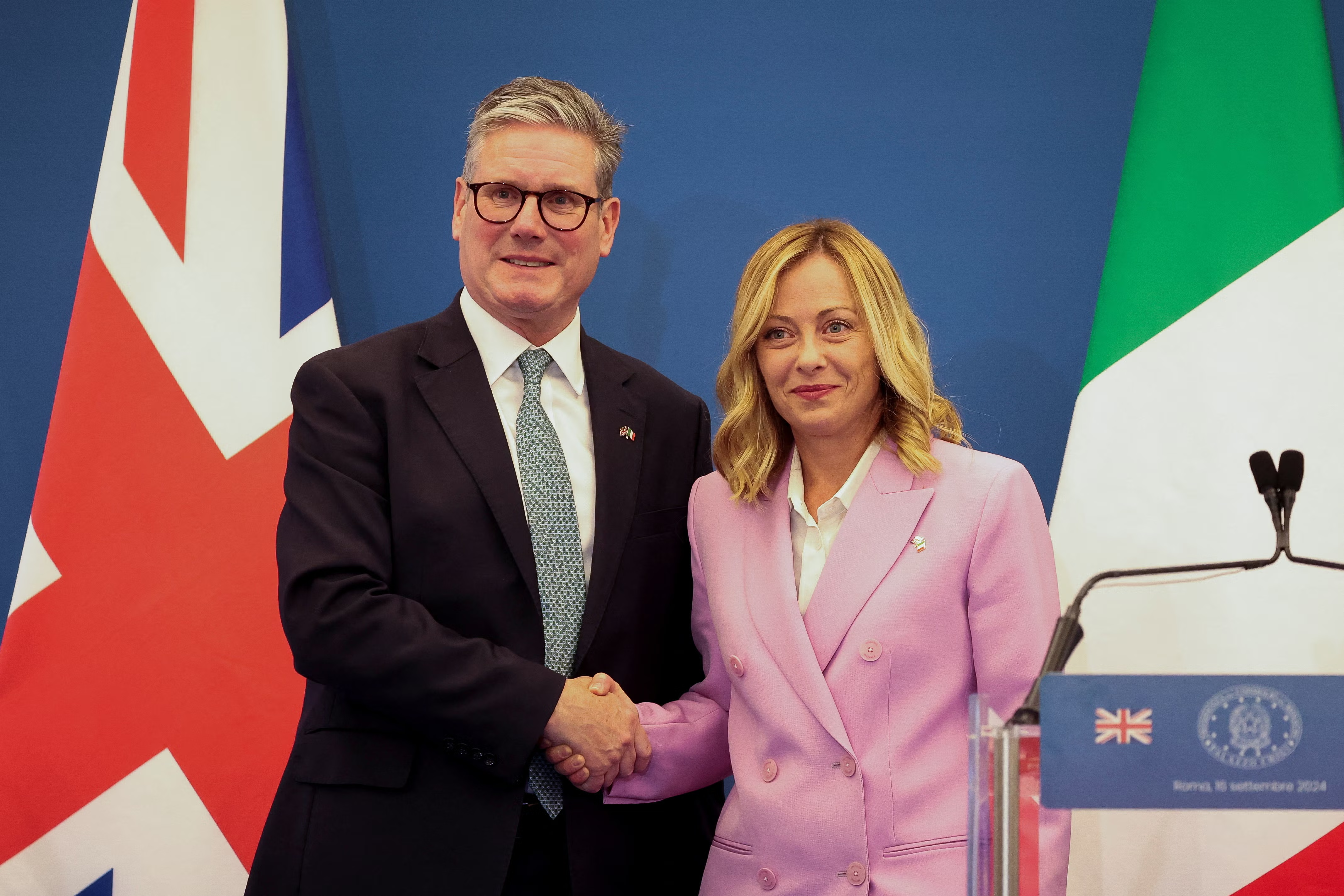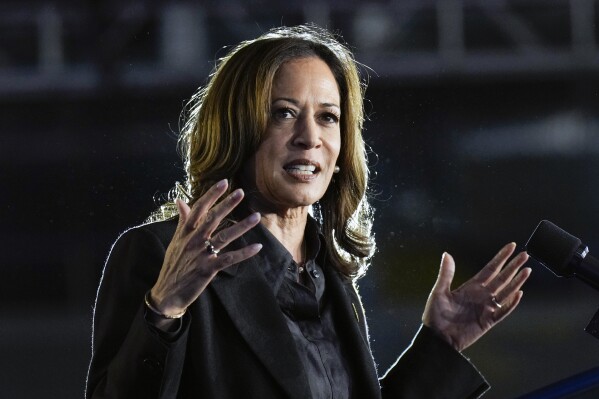Your support helps us to tell the story
Support NowAs your White House correspondent, I ask the tough questions and seek the answers that matter.
Your support enables me to be in the room, pressing for transparency and accountability. Without your contributions, we wouldn't have the resources to challenge those in power.
Your donation makes it possible for us to keep doing this important work, keeping you informed every step of the way to the November election

Andrew Feinberg
White House Correspondent
One of Britain’s leading trade experts has warned that the new border checks system for goods traded between the UK and the EU could make already dire trade figures even worse.
Marco Forgione, director general of the Chartered Institute of Export and International Trade, has welcomed plans to delay bringing in those checks for fruit and vegetables at the border which could have had a devastating effect on UK supply chains.
But he has said that if the implementation of the the Border Target Operating Model (BTOM) for checks is badly handled then there could be serious problems.
His warning comes as new research released by Aston University shows that Brexit is having a profoundly detrimental impact on UK trade.

The research revealed that goods exports and imports are being dragged down by bureaucratic barriers. It estimated that yearly exports to the EU are 17 per cent lower, and imports are 23 per cent lower than if the UK had not left the EU.
The findings have been published just days after Sir Keir Starmer insisted he was “very serious” about the renegotiation of Boris Johnson’s flawed Brexit deal.
But Mr Forgione has noted that BTOM can make matters worse before they get better.
He said: “The news of the delays to fruit and vegetables checks through the Border Target Operating Model (BTOM) will be welcomed by UK and EU businesses alike.
“The UK relies heavily on imports of fresh fruit and veg from the EU, and with such products having a limited shelf life, it is important to ensure that any controls on them are proportionate to the risk that they pose.”
“It is encouraging to see that some produce has been re-categorised back to 'low' risk rather than 'medium', meaning that it is not subject to any checks at the border.”
He went on: “There has been much confusion around these classifications and the Common User Charge since its implementation back in April, with businesses receiving invoices for the inspections months after the checks were conducted. We’ve heard from many businesses in the EU that were preparing to stop trading with the UK because of the increasing costs and uncertainty.
“The true cost of BTOM for traders is only just beginning to materialise and would impact the cost of living over the winter months with price increases being passed onto the consumer.”
But he insisted: “The overall aim of the BTOM is to deliver a world-leading, digital-first border system for the UK, not create more confusion and extra cost for business.”
The findings by Aston University and warning from the Chartered Institute of Exports and International Trade, come at a time when Sir Keir has batted away criticism from both the UK and Brussels over his rejection of schemes like the Youth Mobility Scheme to allow under-30s free travel between the UK and EU.

Officials in the European Commission have questioned whether the prime minister is pushing for meaningful change.
Meanwhile, at home Lib Dem leader Sir Ed Davey told his conference in Brighton that he cannot understand why Sir Keir is resisting going back into the EU single market which would immediately bring trade barriers down.
The European Movement recently sent him a “shopping list” of things he needs to renegotiate with the EU to undo many of the harms of Brexit.
But the UK government seems more focussed on getting a bilateral deal with Germany by the end of the year which, while welcomed by many, critics have pointed out can only really deal with defence and security issues in a meaningful way.
Responding to the latest research, Dr Mike Galsworthy, chair of European Movement UK, said: “The big question for Keir Starmer is whether he is really as serious about economic growth and taking ‘tough decisions’ as he claims. Because if so, he is going to have to get very tough on his own red lines."
"Delve into any sector of the UK economy and you find the hard, stark barriers and costs directly attributable to Brexit. As the business leaders across our economy readily concur, there is no doubt about the hurt caused by Brexit and the substantial improvement that the Single Market and its related structures could bring."
Disclaimer: The copyright of this article belongs to the original author. Reposting this article is solely for the purpose of information dissemination and does not constitute any investment advice. If there is any infringement, please contact us immediately. We will make corrections or deletions as necessary. Thank you.



